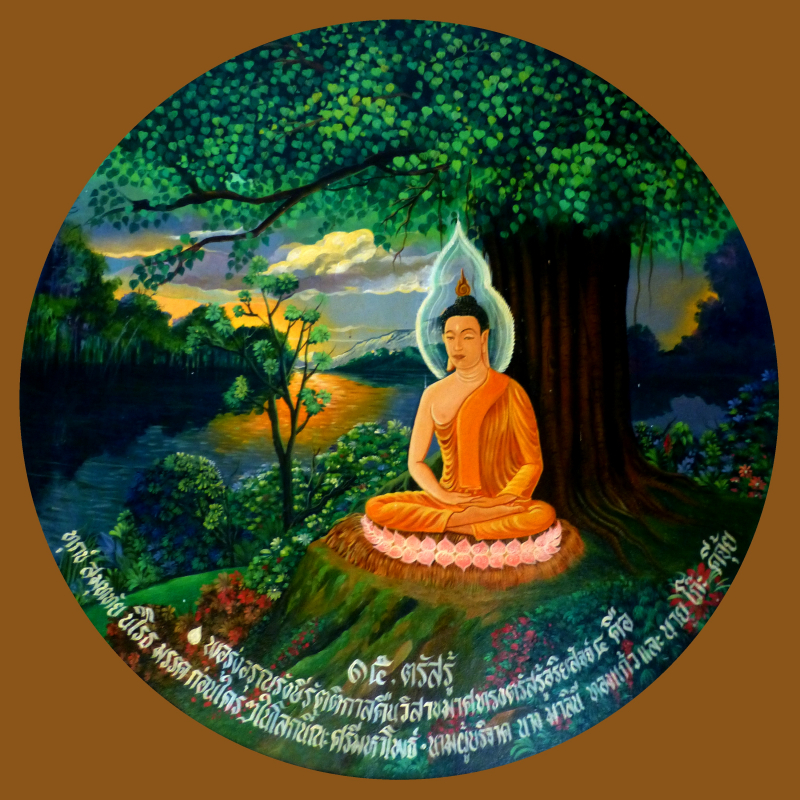The Four Noble Truths
The core teachings of Buddhism revolve around the Four Noble Truths, which address the nature of suffering and the path to liberation from it. These truths were the Buddha's first teachings after enlightenment and formed the core of Buddhist philosophy.
The Truth of Suffering is The first Noble Truth that acknowledges the undeniable presence of suffering and dissatisfaction (dukkha) in life. It encompasses physical and emotional pain and the inherent impermanence and unsatisfactory nature of all conditioned existence. Suffering is a shared human experience, and the Buddha encouraged his followers to confront it honestly and with recognition.
The Truth of the Origin of Suffering (Samudaya) delves into the root cause of suffering, which the Buddha identified as craving and attachment to worldly desires. This craving stems from ignorance and a fundamental misconception of the true nature of reality. Pursuing pleasure, possessions and the clinging to impermanent things inevitably lead to suffering.
The Truth of the Cessation of Suffering is The third Noble Truth. By relinquishing the causes of suffering, namely craving and attachment, one can attain a state of liberation and freedom called Nirvana. Nirvana is an ultimate state of peace, where suffering is extinguished.
The Truth of the Path Leading to the Cessation of Suffering expounds on the Eightfold Path as the means to end suffering and attain Nirvana. The Eightfold Path serves as a practical and ethical guide to living, encompassing the cultivation of wisdom, moral conduct, and mental discipline.
By comprehending the Four Noble Truths and embracing the Eightfold Path, Buddhists strive to attain enlightenment and liberate themselves from the cycle of birth and rebirth, ultimately reaching the state of Nirvana. These profound teachings remain the cornerstone of Buddhist practice and philosophy, resonating across diverse traditions.











